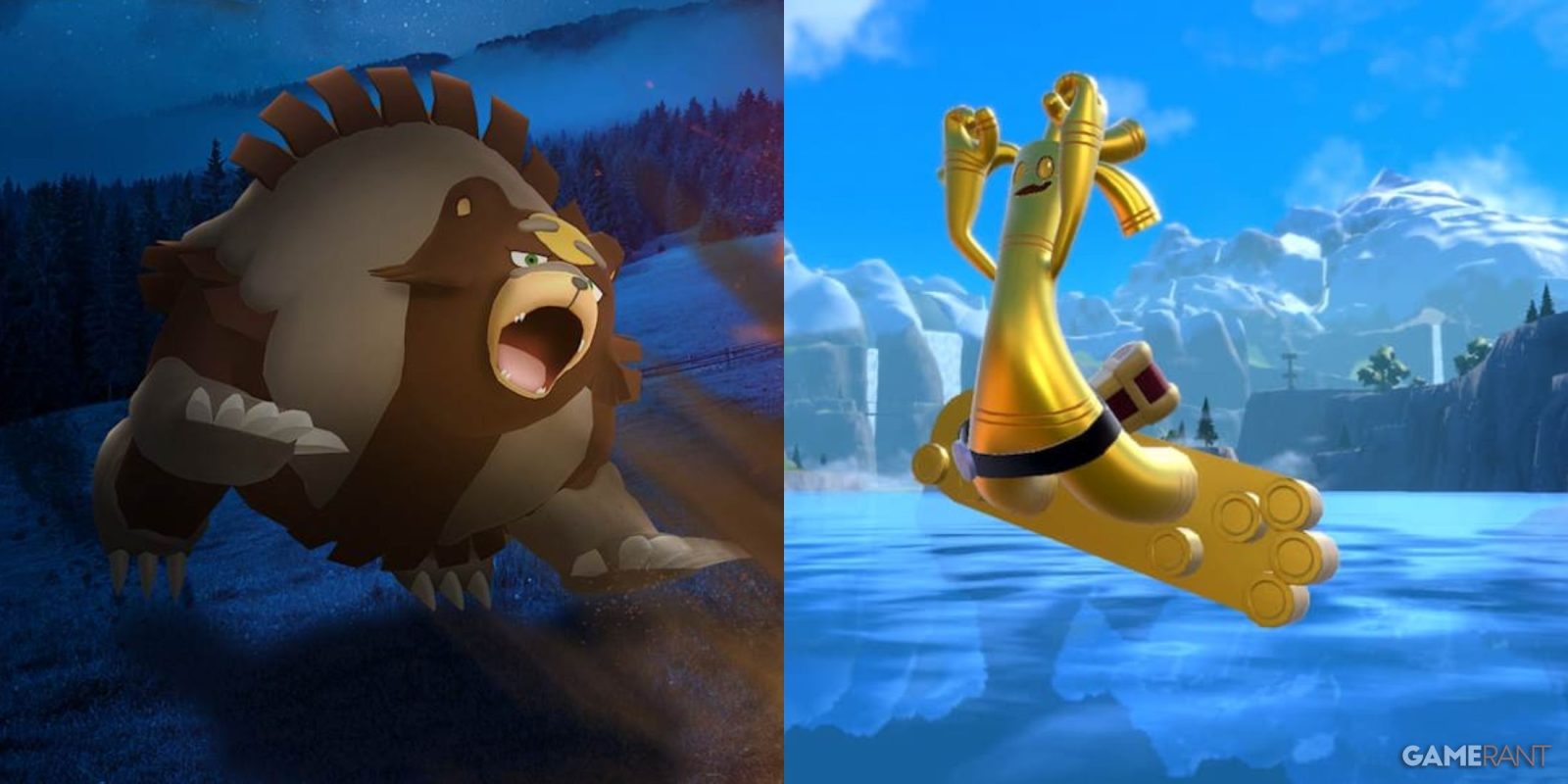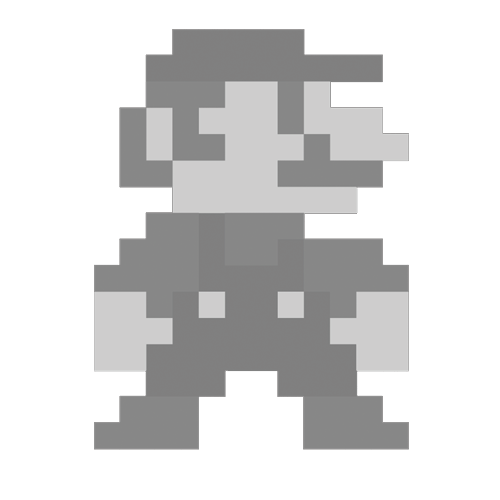Evolution has always been one of the most important features in Pokemon. Part of this appeal is the elegant simplicity of the mechanic, which most often serves as a direct reward for players bonding with their team members. However, the Pokemon series has not strayed away from asking players to meet some pretty obscure conditions.
The most common method of evolution is by simple level up. This applies not only to the overwhelming majority of Pokemon, but is even strictly enforced across Starter Pokemon and other likely catches. There are other methods beyond this that are similarly straightforward, such as evolution by item or level of affection, both of which are experienced by different Eeveelutions. However, as the series has gone on, Pokemon has introduced a few evolution methods that are far more difficult to achieve.

Related
One Leaked Pokemon Legends: Z-A Mega Evolution Would Join a Very Exclusive Club
If the recent Game Freak leaks do pan out, then one popular Pokemon is going to receive a very noteworthy Mega Evolution in Pokemon Legends Z-A.
The Most Difficult Evolution Methods in the Pokemon Series Explained
Pokemon Scarlet and Violet Features a Grueling Collect-A-Thon
Pokemon evolution methods have only gotten more complex, difficult, and even esoteric over time. Instead of evolving through leveling up or being traded, more recent games continue to use new technology to give players increasingly difficult challenges. Pokemon Scarlet and Violet is the latest mainline game in the series, and it is certainly no exception.
In terms of sheer effort required, evolving Gimmighoul into Gholdengo is a truly Herculean feat. Players are forced to collect 999 Gimmighoul Coins if they want to get their hands on the 1000th Pokemon. Scarlet and Violet includes a few other Pokemon that require a similar amount of effort to evolve. Pawmo, Bramblin, and Rellor can all only be evolved by walking 1000 steps with the respective Pokemon while outside their Pokeballs.
Pokemon Legends: Arceus Has a Slew of Difficult Pokemon to Evolve
Although recent Pokemon games have provided stiff competition, one game still comes out on top for its high concentration of almost-confusing evolutions. Pokemon Legends: Arceus was a departure from many series norms, including the act of catching and battling Pokemon. Of course, this innovation also extends to almost every single one of the new Pokemon added by Legends: Arceus.
Ursaluna is a strong contender for having the most esoteric evolution method of all time. Though less difficult than some others, it’s one that’s sure to require a quick Google search for most players. Ursaluna requires that players expose their Ursaring to a Peat Block under a full moon, with the latter requirement serving as somewhat of a riddle. Peat Blocks are exceedingly rare to boot, and haven’t been featured at all in subsequent games.
Ursaluna isn’t alone, either. Many of the other Pokemon added in Pokemon Legends: Arceus feature similarly difficult evolution methods. Many, such as Wyrdeer, simply evolve by using their signature move a given number of times. It takes a little more effort to evolve Basculin into Basculegion, as the former has to survive 294 points of recoil damage before it can evolve.
One Sword and Shield Pokemon Takes the Cake for Difficult Evolution Methods
Pokemon Sword and Shield introduced one evolution method that is almost hilarious in its infamy. The culprit behind this perfect blend of difficulty and obscurity is, of course, Galarian Yamask. In order to evolve Galarian Yamask into Runerigus, it must first survive at least 49 points of damage. Then, players have to take their Yamask to the Dusty Bowl Zone while still in this state. After getting there, they have to walk under a very specific stone arch, at which point the Yamask will evolve.
This is not only a laundry list of hoops to jump through, it’s extremely difficult to figure out in-game. There’s very little indication for these requirements, and it’s very likely intended to simply happen by accident. Such is the case for many of these difficult evolution methods, and there are even more examples throughout the series, such as Inkay’s infamous “upside down DS” method. Considering the precedent that’s been set, there’s no doubt that future Pokemon games will continue to innovate on this front.













Leave a Reply